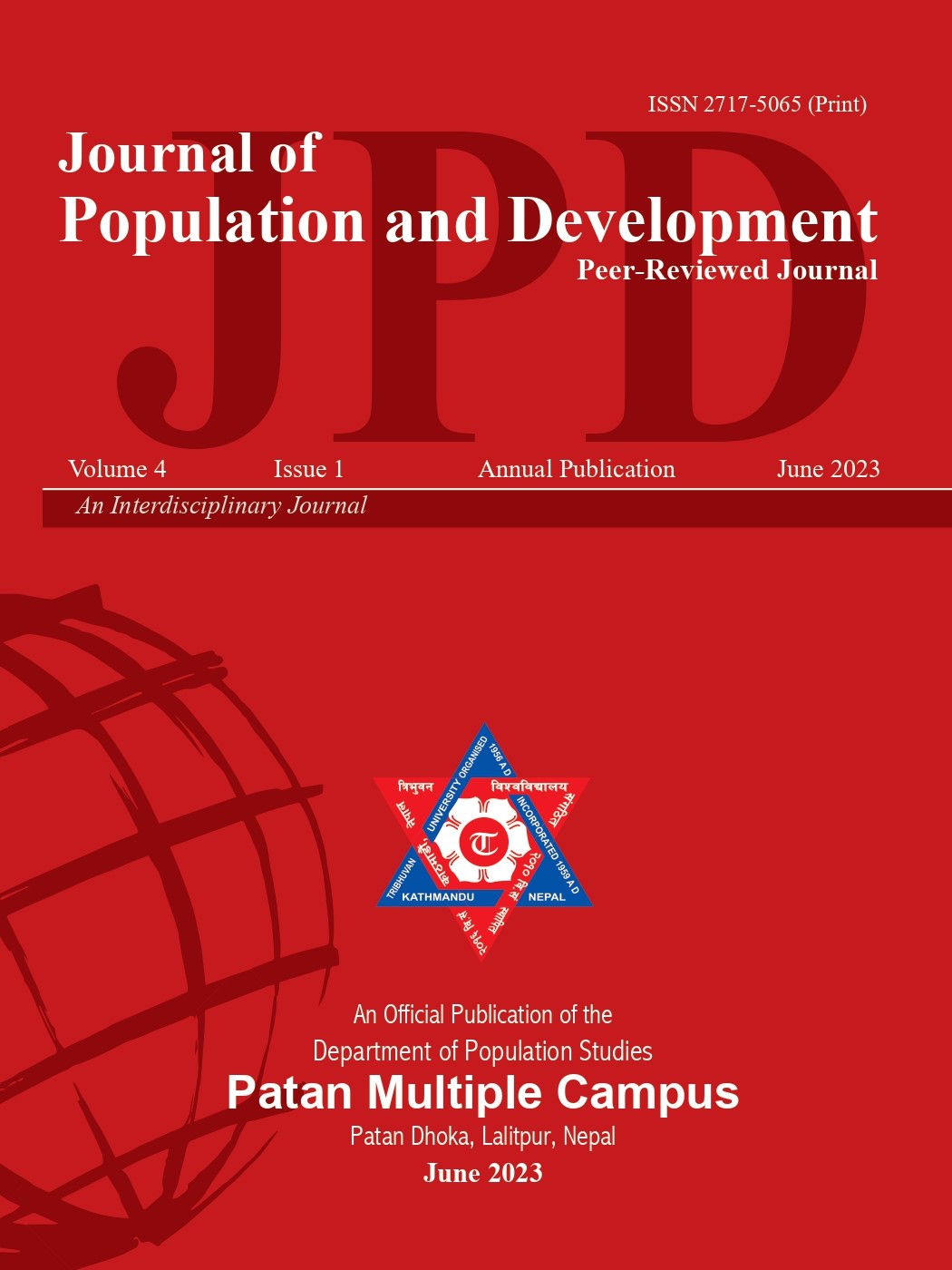Philosophical Approaches in Qualitative Research
DOI:
https://doi.org/10.3126/jpd.v4i1.64248Keywords:
Positivism, Post-positivism, Interpretivism, Constructivism, Critical TheoryAbstract
The main philosophical stances on qualitative research that are covered in this essay are constructivism, interpretive, positivism, post-positivism, and critical theory. The focus of qualitative research is on the sentiments and viewpoints gathered using various instruments and research techniques. It places more emphasis on quality than quantity. Methods such as focus groups, case studies, interviews, and correspondence with respondents are used to collect qualitative data for research projects. A summary of these methods is provided in the article in the interim. Furthermore, the study demonstrates how these methods are based on the axiological, ontological, and epistemological postulates. The paper's goal is to educate academics and researchers on philosophical approaches to qualitative research. Their familiarity with methodologies and paradigms might aid in selecting the best methodology while doing qualitative research. The paper's conclusion is that a lot of qualitative research uses philosophical stances including constructivism, positivism, and interpretive, post-positivism, and critical theory. Nonetheless, while conducting qualitative research, interpretive, constructivism, and critical theory are essential.
Downloads
Downloads
Published
How to Cite
Issue
Section
License
© Department of Population Studies, Patan Multiple Campus

